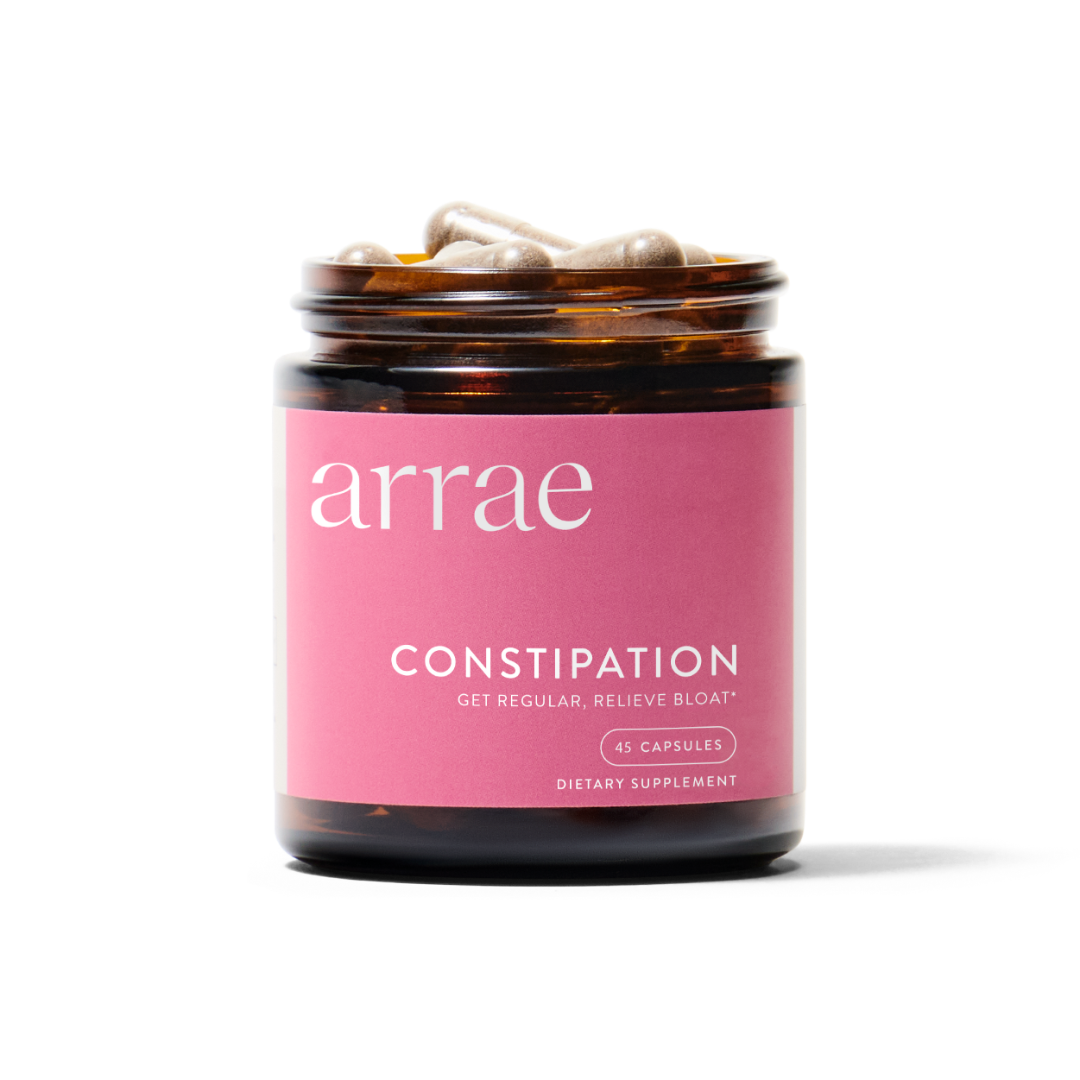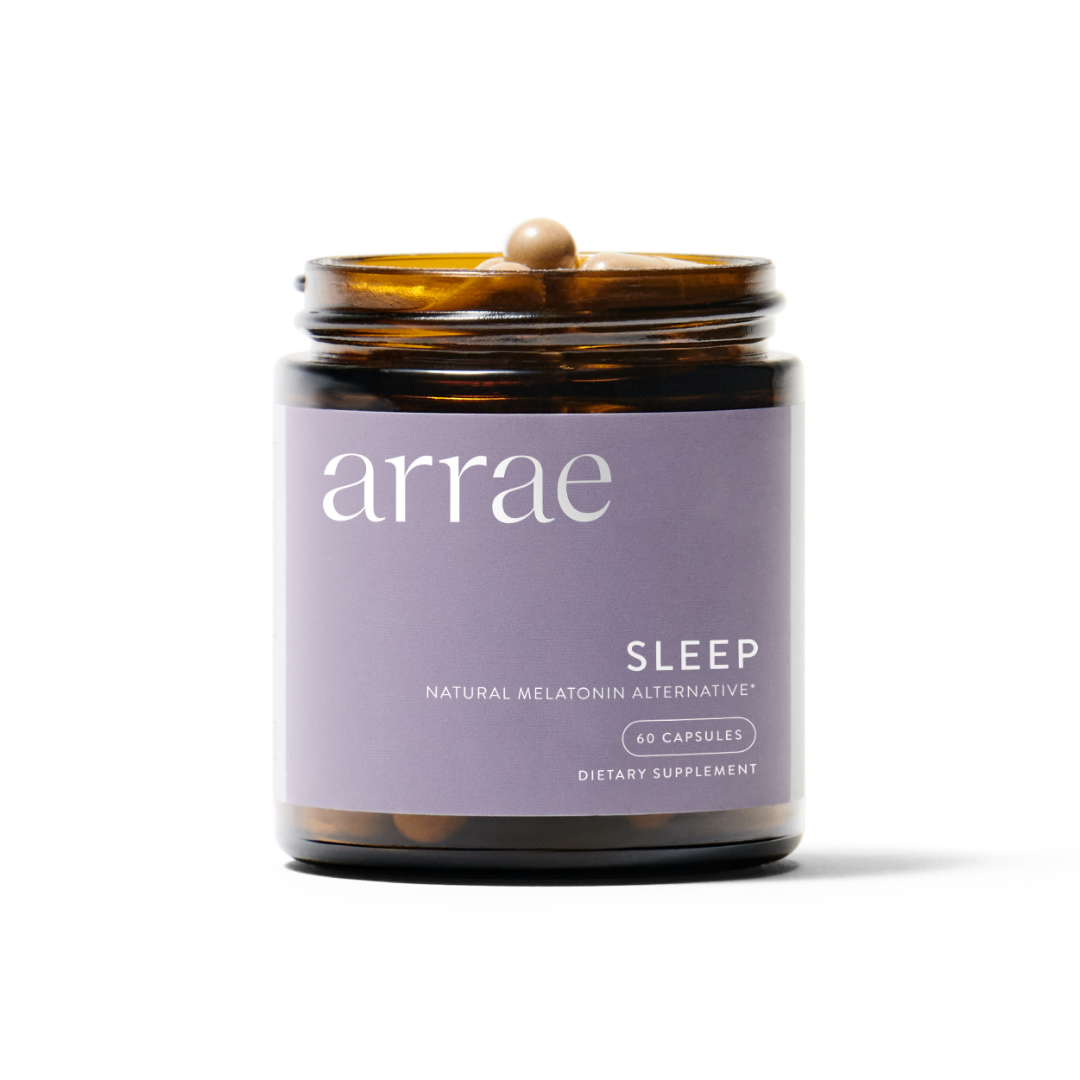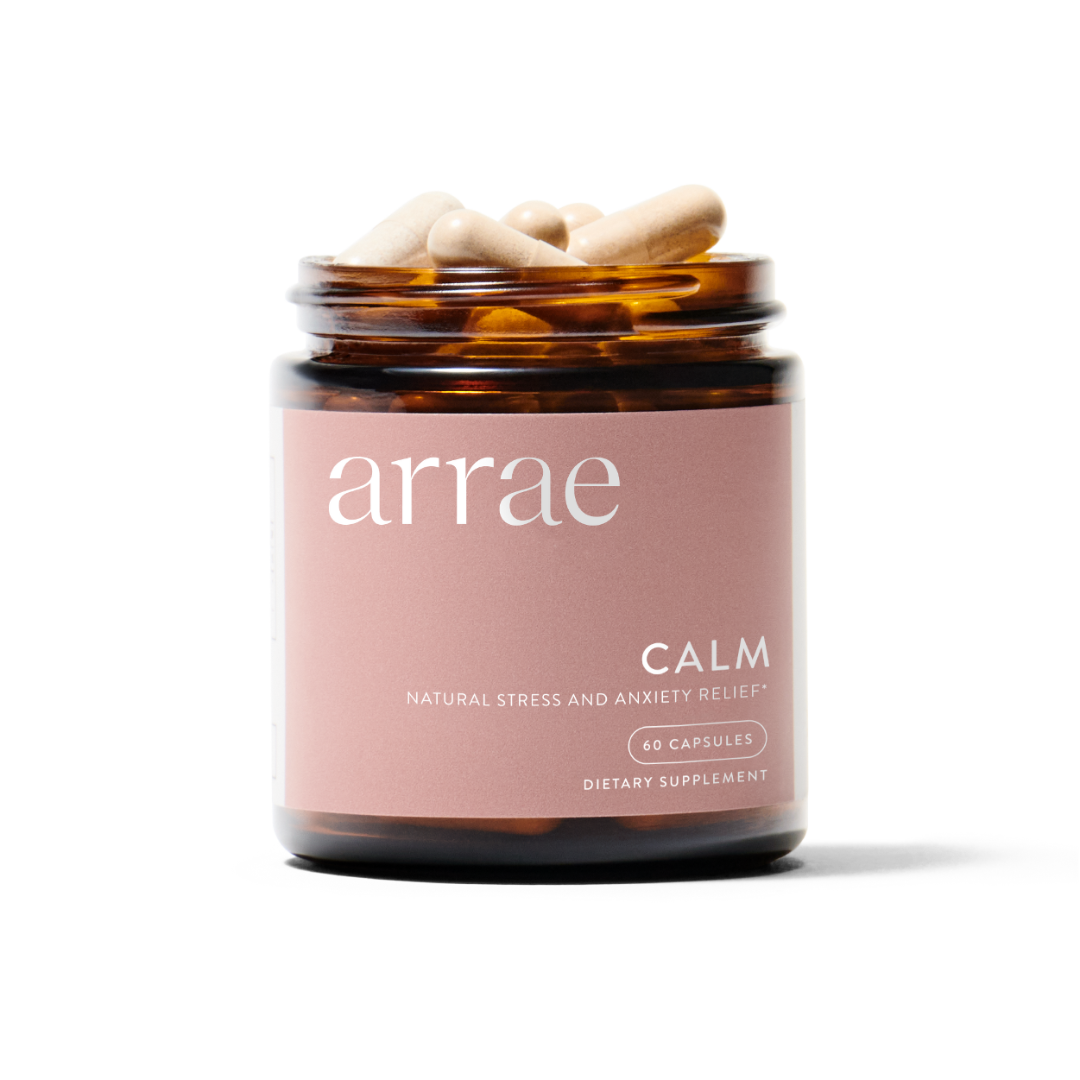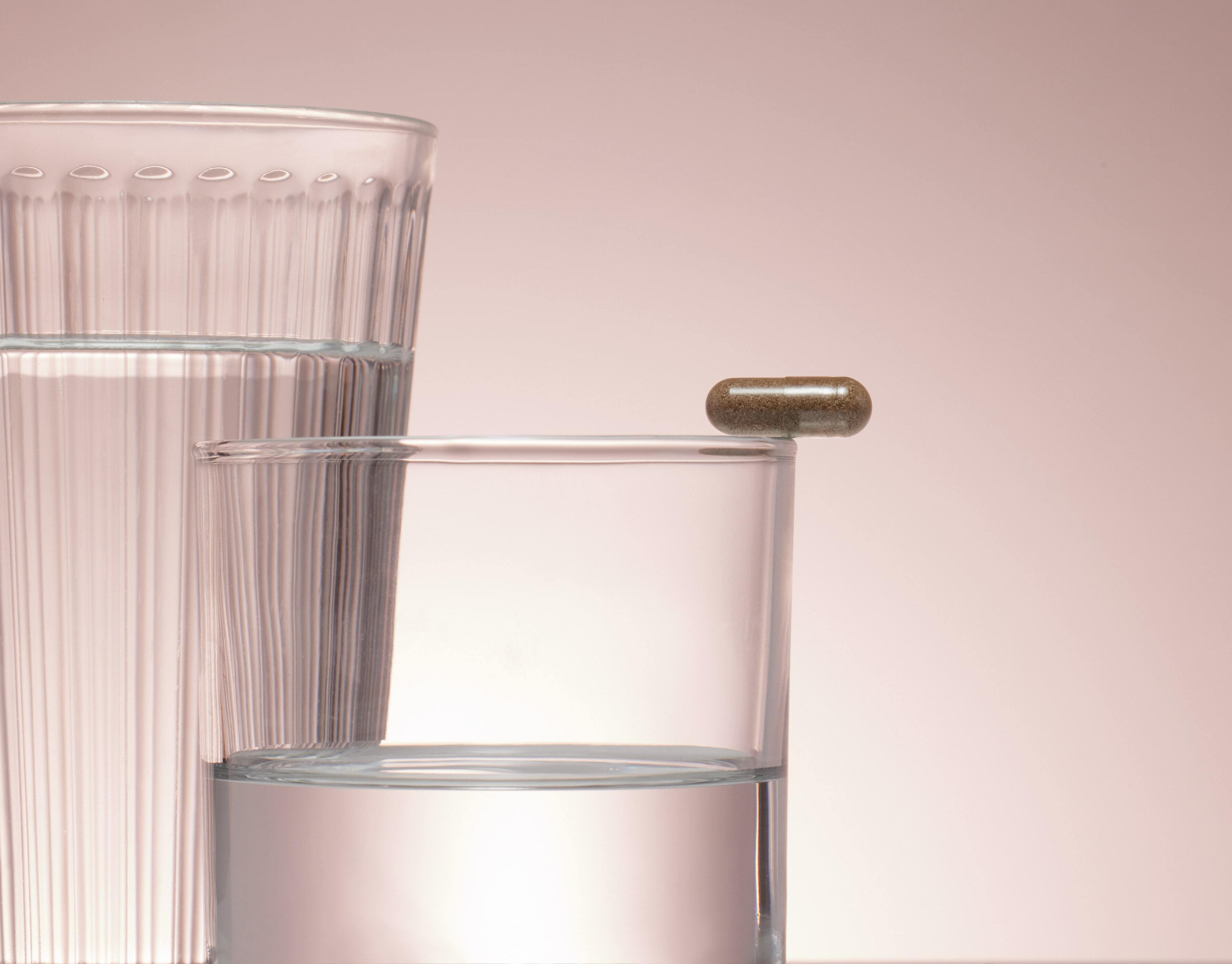Stress often gets a bad rap, but it’s necessary for human functioning and survival. However, there is a fine line between necessary stress and too much stress. Feeling stressed out can have profound effects on overall health and wellbeing, including sleep. But, since stress and sleep are so deeply connected, when one is off-balance, the other is, too. This means that high stress levels can lead to a poorer quality of sleep, which, in turn, can increase stress levels, again. The holidays are nearly upon us, and for many, this means higher stress levels. From end of year deadlines and finals week to long hours preparing for Thanksgiving and waiting in lines for holiday gifts, stressors are seemingly everywhere. Keep reading to learn more about stress and sleep, how to break this cycle, and take away actionable tips for managing both stress and sleep this holiday season.
What is Stress, Exactly?
Stress is a part of life, and is defined as the “body’s physiological and mental response to a threat”. When we’re faced with a stressful situation, be it work deadlines, schoolwork, friend drama, or seeing our family members over the holidays, our brain triggers a fight or flight response, releasing hormones like adrenaline. These hormones cause a physical reaction in our body; think a rapid heart rate, muscle tension, anxiety, and even slowed digestion. Then begins part two of stress: the activation of the hypothalamus-pituitary-adrenal axis, or HPA for short. This axis causes a streamline response of hormones, including cortisol, that are released in high amounts during stress. Cortisol forces the body to direct energy from processes that are not urgent, including digestion, to help the body better prepare for an attack.
Evolutionarily, stress makes a lot of sense! From running away from a lion or hunting and gathering food, our ancestors used stress as a motivating tool while in dangerous situations. Nowadays, stress clearly looks very different from those times; we may not be running away from a predator, but there are still significant stressors that get in the way of us feeling our best. While being stressed out for short periods of time may actually be a useful tool (think preparing for an exam or presentation or helping to keep us motivated during a workout), exposure to prolonged and repeated stressors leads to chronic stress, which takes a toll. As the holiday season nears, stress may take different forms, but it’s all the same: too much stress is, and will always be, a bad thing for our body.
The Stress-Sleep Cycle
Most of us would love to live our best life, sleeping throughout the night and waking up feeling refreshed and stress-free. But, it’s very likely that we’re not spending every day on a tropical vacation (although we wish we could!). It seems like stress is a constant these days, and with the holidays and chilly weather nearing, it’s imperative to understand how we can control our stress to maximize our sleep quality and duration. Stress and sleep have a reciprocal relationship, and understanding the connection between the two is the first step to breaking this never-ending and frustrating cycle.
How Does Stress Affect Sleep?
Chronic stress, or long term stress, leads to a dysregulation of the Circadian Rhythm, our body’s biological clock that tells us when it’s time to sleep and wake up. Those who experience high stress during the day are more likely to have trouble falling asleep, and staying asleep during the night. Researchers believe that stress may particularly reduce deep sleep and REM sleep, both of which are crucial for optimal mental and physical health. Additionally, stress dreams are real; science shows that high stress and anxiety can alter the emotional content of dreams. Hence, it’s impossible to fall into a peaceful sleep when stress is on the mind.
Cortisol, aka the stress hormone, plays an important role in the sleep-wake cycle. This hormone increases in the AM, signaling our bodies to wake in the morning, and decreases throughout the day, getting to its lowest point at bedtime. However, studies show that those with insomnia actually have higher levels of cortisol at nighttime, making it challenging (and feeling like it’s nearly impossible) to have a good night’s rest. Stress and insomnia are highly correlated; in fact, using stress-relief tactics has been proven to also relieve insomnia. Talk about a stress and sleep win-win!
The fight-or-flight response, also known as the sympathetic nervous system, normally turns on during stress and off after the stress has passed. However, in those with chronic stress, this system is running 24/7, making it difficult to focus, regulate mood, and sleep. These responses are in opposition to what the body craves during sleep, including:
Muscle Tension: The major muscle groups in the body, like the upper back and hips, tense up in preparation for a potential threat. However, too much tension interferes with the feeling of calmness required to catch some Z’s.
Elevated Heart Rate: A pounding, rapid heartbeat and shallow breathing are common signs of stress. But, sleep requires a slowed heart rate and deep breathing in order to repair the body and continue proper blood flow.
Poor Digestion: This blog post explains how intricately sleep and digestion are related. Stress causes an upset stomach, bloating, and other uncomfortable effects that hinder sleep.
How Does Sleep Affect Stress?
The bidirectional relationship between these two means that what is true for one is true for the other. Experts recommend sleeping for 7-9 hours a night, and not getting enough sleep has a significant effect on stress levels. Research demonstrates that people who sleep better experience less negative emotions and can actually recover faster from a stressful situation. The holidays are a stressful time, but they’re also cheery and magical. Sleeping adequately ensures that we can still celebrate the magic of the holiday season and feel good enough to spend time with family and friends.
Biologically, poor sleep quality and decreased sleep time influence cortisol levels and systemic inflammation. A broken sleep or deprivation of sleep over a long period of time can directly increase cortisol levels to a higher baseline. This means that cortisol levels will increase, and stay increased, instead of returning to normal. High cortisol levels make us feel anxious and worried, increase our heart rate and blood pressure, and are overall outside of the normal, healthy parameters leading to various health complications.
According to the American Psychological Association, up to 45% of adults report feeling more stressed when sleep duration was under the recommendation of 7-9 hours. A study analyzed adults who slept fewer than eight hours a night for a month and reported significant differences in both mental and physical health as compared to those who slept for 8 hours or more consistently. Some of these effects include: feeling irritable or angry (45% vs 32%); feeling overwhelmed (40% vs 27%); lacking interest, motivation, or energy (42% vs 30%), and losing patience and yelling at a spouse or partner (50% vs 36%); and skipping exercise (41% vs 33%). No one enjoys waking up feeling like they’ve had a bad night’s sleep, and evidently, a consistent lack of sleep affects more than just stress. These feelings and actions oftentimes lead to even higher stress levels, causing more nights of inadequate sleep.
When proper sleep hygiene is followed consistently, sleep can also do wonders in reducing stress. Following a regular sleep routine calms and restores the mind and body, improving circulation, regulating mood, and sharpening judgment and decision making. Being well-rested leads to better concentration and feeling reassured about being able to take steps to properly reduce stress.
Breaking the Sleep-Stress Cycle
We now know how sleep and stress work together, causing us to feel worse or better, depending on how we tend to them. Managing stress and reducing stress levels may have a beneficial effect on sleep quality, and vice-versa. Use these next few months to master both sleep and de-stressing routines in order to get the most out of the holidays.
How to Sleep Better When Stressed: Following a sleep schedule and having a nighttime routine are two surefire ways to maximize sleep.
Take 2-3 Sleep Alchemy Capsules: Sleep contains a blend of 4 herbs and a neurotransmitter which were carefully chosen to promote deep sleep, while being melatonin-free. Entering a deep sleep state allows for your body to sleep uninterrupted throughout the night, while regulating the body's natural sleep cycle.
Save Your Bed for Sleep: To help the brain associate the bed with sleep, refrain from eating, watching TV, or working in bed. Keep the bedroom dark, cool, and quiet, and wait until tiredness hits before climbing into bed.
Don’t Watch the Clock!: We’ve all been there: unable to sleep, counting down the hours until morning. But, experts recommend not looking at the clock at all when trying to sleep or if waking at night.
Keep a Consistent Sleep Schedule: Our Circadian Rhythm thrives on regularity, so sleeping and waking at the same time each day will help, even when stressed.
How to Lower Stress for Better Sleep: A good sleep regimen will only work its best if stress levels are managed.
Take 2-3 Calm Capsules: Our all-natural, clinically-tested product works in under an hour to promote a relaxed state by slowing down the body’s fight or flight response, promoting mind and body relaxation, and decreasing feelings of anxiety and stress.
Unwind Before Bed: Take a bath, journal, read, or meditate to escape reality for a little bit and calm the mind. Adding these into a nightly routine will reduce stress and help prepare the body for sleep.
Use Relaxation Techniques: These techniques do exactly what they should: relax us. Relaxing directly combats stress, and meditation or visualization can be great to use when getting into bed.
Connect with Family and Friends: Stress is a universal experience, especially during the holidays. Schedule a call with loved ones to express how you’re feeling. Sometimes talking it out with someone who understands is exactly what’s needed.
Stress will forever remain a constant, and, as we’ve learned, a little stress can actually be a good thing. But, feeling stressed and being unable to sleep is frustrating, anxiety-inducing, and can take a toll on our overall health. During this upcoming festive season, it’s crucial to take care of ourselves so we can give to others, and that includes lowering our stress and mastering our sleep. With the right intentions and practice, the sleep-stress cycle can be broken. Get ready to stress less and sleep better this holiday season.
Disclaimer: This blog post is purely informational and does not imply any evaluation by the Food and Drug Administration. This blog post is not intended to diagnose, treat, cure, or prevent diseases, nor should it substitute for advice from a healthcare professional.
References:
Breus, Dr. Michael. “Sleep and Stress.” The Sleep Doctor, 9 Sept. 2022, https://thesleepdoctor.com/mental-health/stress-and-sleep.
Labs, SleepScore. “Sleep and Stress: How Does Sleep Reduce Stress.” SleepScore, 2 Sept. 2022, https://www.sleepscore.com/blog/how-rest-your-way-less-stress/.
“Stress and Sleep.” American Psychological Association, American Psychological Association, https://www.apa.org/news/press/releases/stress/2013/sleep.






















 Instagram
Instagram TikTok
TikTok Youtube
Youtube Facebook
Facebook Email
Email